Taking care of your teeth and gums are important aspects of ensuring your overall health. One of the best ways to maintain good oral health is to get ahead of common issues before they become a problem. It’s easier, and more affordable, to prevent an issue than it is to fix one that has already occurred. Let’s explore some common dental problems and how you can prevent them from occurring in the first place.
Cavities
Cavities are one of the most common dental issues out there. Cavities occur when bacteria in your mouth combine with food particles to form plaque, which builds up on your teeth and eats away at the enamel until it forms a hole or cavity. The best way to avoid cavities is to brush twice daily and floss regularly so that you can remove any built-up plaque before it has a chance to cause damage. Additionally, limit sugary snacks between meals as sugar feeds the bacteria that lead to cavities.
Gum Disease
Gingivitis is an early stage of gum disease that causes inflammation, redness, and tenderness around the gums due to plaque buildup near the gum line. If left untreated, gingivitis can progress into periodontal disease which affects not only your gums but also your bones and other tissues surrounding your teeth causing damage that could be irreversible if not treated properly. Prevention means brushing twice daily, flossing once per day, rinsing with an antiseptic mouthwash regularly, scheduling regular checkups with your dentist or hygienist every six months or so for professional cleaning and a thorough examination of your oral health status.
Tooth Sensitivity
Tooth sensitivity occurs when the enamel erodes away exposing parts of the tooth structure underneath resulting in discomfort or pain when eating cold drinks or foods or when exposed to extreme temperatures such as hot or cold beverages or ice cream. The best way to combat sensitive teeth is by using fluoridated toothpaste specifically made for sensitive teeth, limiting acidic foods like citrus fruits and juices, avoiding hard bristled brushes which can wear away enamel faster, chewing sugarless gum after meals which helps stimulate saliva production which helps neutralize acids in the mouth caused by plaque buildup along with regular visits for cleanings and checkups with your dentist or hygienist every six months.
Conclusion: Taking care of our teeth is extremely important for maintaining optimal oral health now and down the road as well as preventing costly dental treatments later on in life due to poor oral hygiene habits while young. There are many things we can do on our own such as brushing twice daily with fluoride toothpaste plus flossing once per day along with rinsing with an antiseptic mouthwash regularly; however visiting our dentist every six months for professional cleanings plus checkups helps us stay ahead of any developing issues before they become too serious! So remember—prevention is key!



